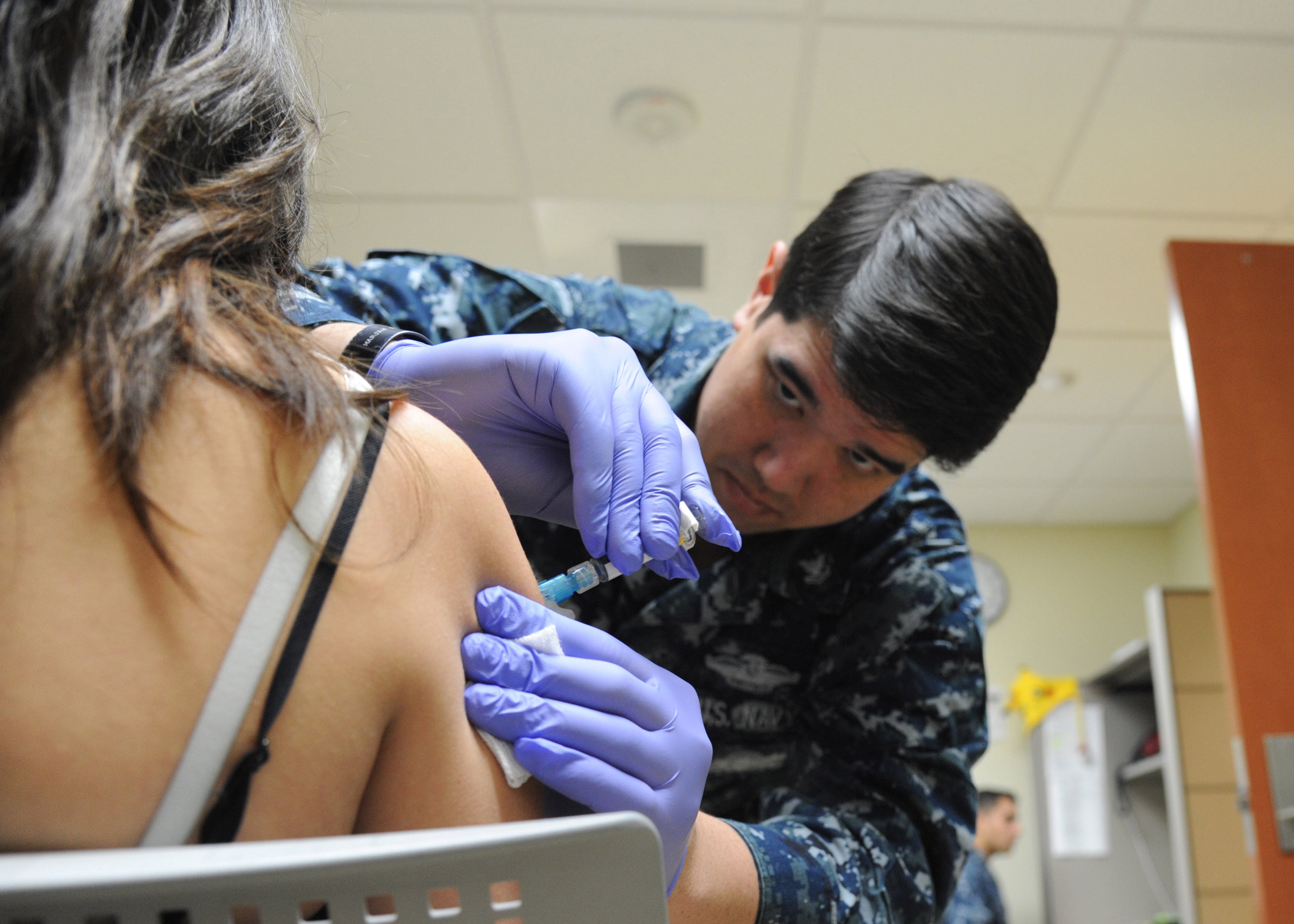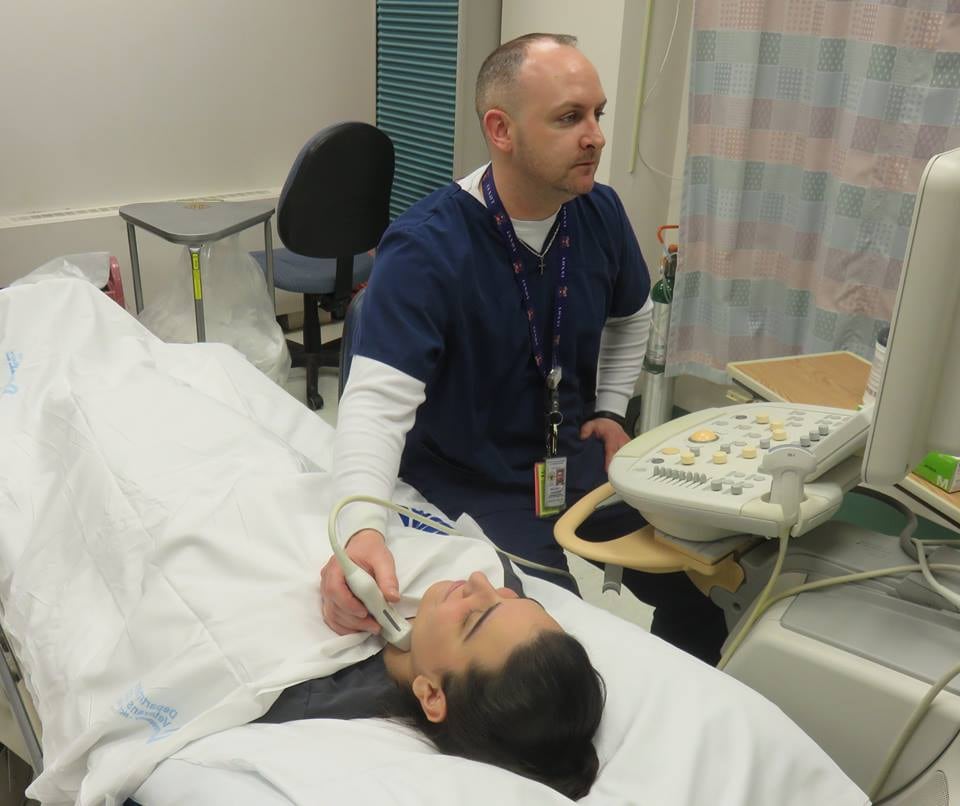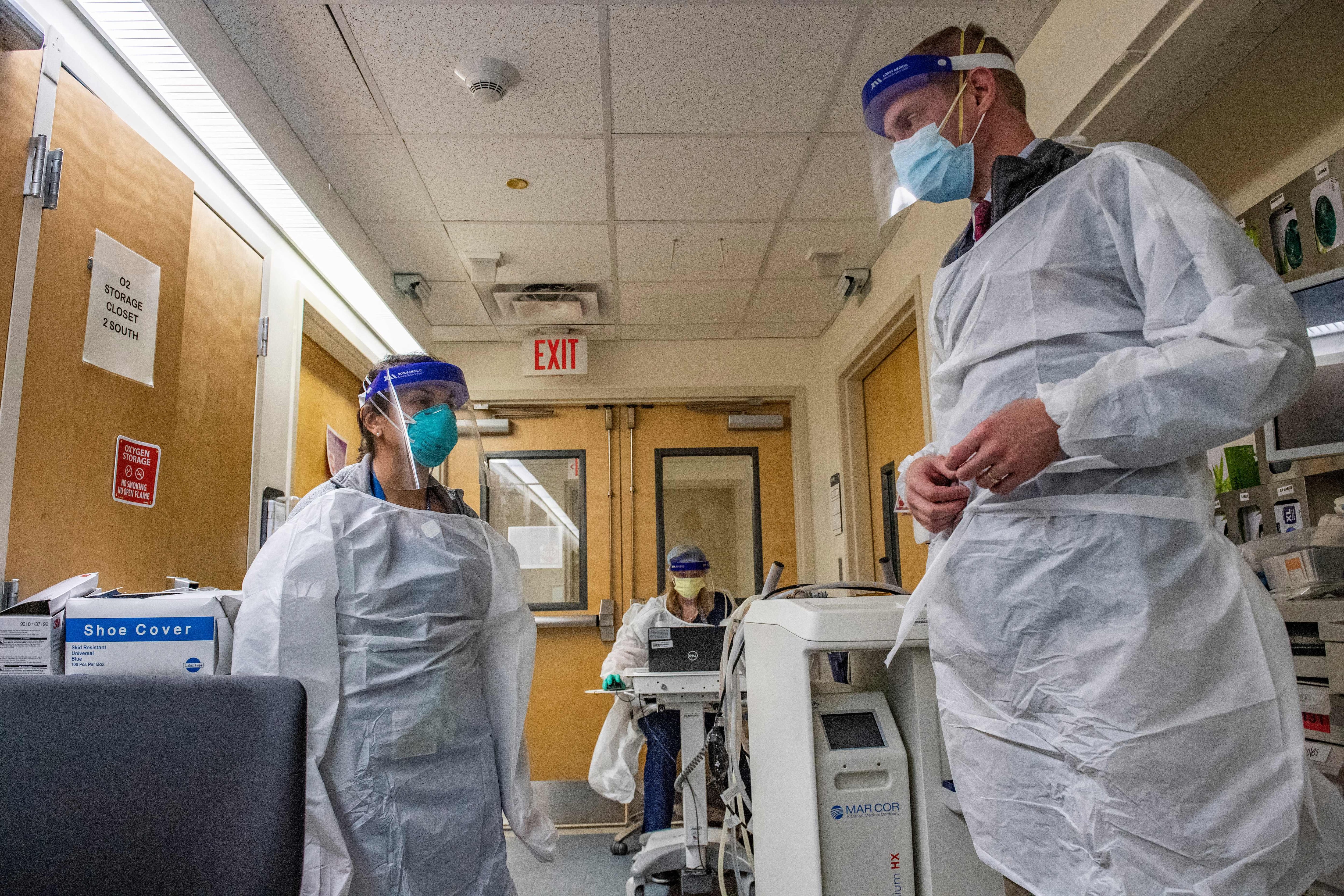Army Training and Doctrine Command is hoping to roll out a new badge for soldiers outside of the infantry and medic military occupational specialties, according to the command's top enlisted soldier.
Command Sgt. Maj. David Davenport said the Expert Action Badge will be very similar to the Expert Infantryman Badge and the Expert Field Medical Badge. If approved, soldiers could see the badge by October 2019.
"This is for the remainder of MOSs that don't have a formal way of certifying competencies associated with their MOSs," Davenport said Friday during a conference call with reporters.
Similar to the other badges, soldiers will have to meet requirements for foot marches, the Army Physical Fitness Test, tactical skills and cognitive skills, but the difference will be the hands-on training, he said.
For every soldier who's not an infantryman or medic, they will be tested on warrior tasks and battle drills in a training event similar to what soldiers must complete for the infantry and medic badges.
As for the badge itself, Davenport said the early-stage concept for the Expert Action Badge will still have the bayonet and fragmentation grenade found on a Combat Action Badge, but there won't be a wreath.

The Combat Action Badge. right, is seen next to an early concept of the proposed Expert Action Badge.
Photo Credit: Staff
To test soldiers for the badge, the plan is to have a week for setup, a few days to train, and then a few days to actually conduct the test, which can be administered at the brigade level.
"It will be a tool for commanders at O-6 level to validate their soldiers' skill in warrior tests and battle drills," he said.
Davenport said he will discuss the next badge further during a virtual town hall scheduled for Thursday at 11 a.m. Eastern time on http://www.tradoc.army.mil/watch.
In April, the Army is scheduled to run a pilot at Joint Base Lewis-McChord in Washington to test the feasibility of the Expert Action Badge. Any feedback or lessons learned will then be evaluated. The badge and testing, if they move forward, must receive final approval from the chief of staff of the Army and Army secretary.
Sergeant Major of the Army Dan Dailey told Army Times that offering testing and a badge is a good way to incentivize soldiers to train and remain proficient.
"I want to build individual skills," he said. "The reason why we have an EIB and EFMB is so those two fields can maintain their skills during peacetime."
The test could include rifle marksmanship and land navigation. And the idea is to allow brigade commanders to choose to include specific tasks based on the unit's mission, Dailey said.
"It's not exactly like the EIB, as that'll be focused for the infantry, but the EAB is focused on the basic soldier skills," he said. "It's all tied to readiness."
Charlsy Panzino covers the Guard and Reserve, training, technology, operations and features for Army Times and Air Force Times. Email her at cpanzino@militarytimes.com.
Charlsy is a Reporter and Engagement Manager for Military Times. Email her at cpanzino@militarytimes.com.





